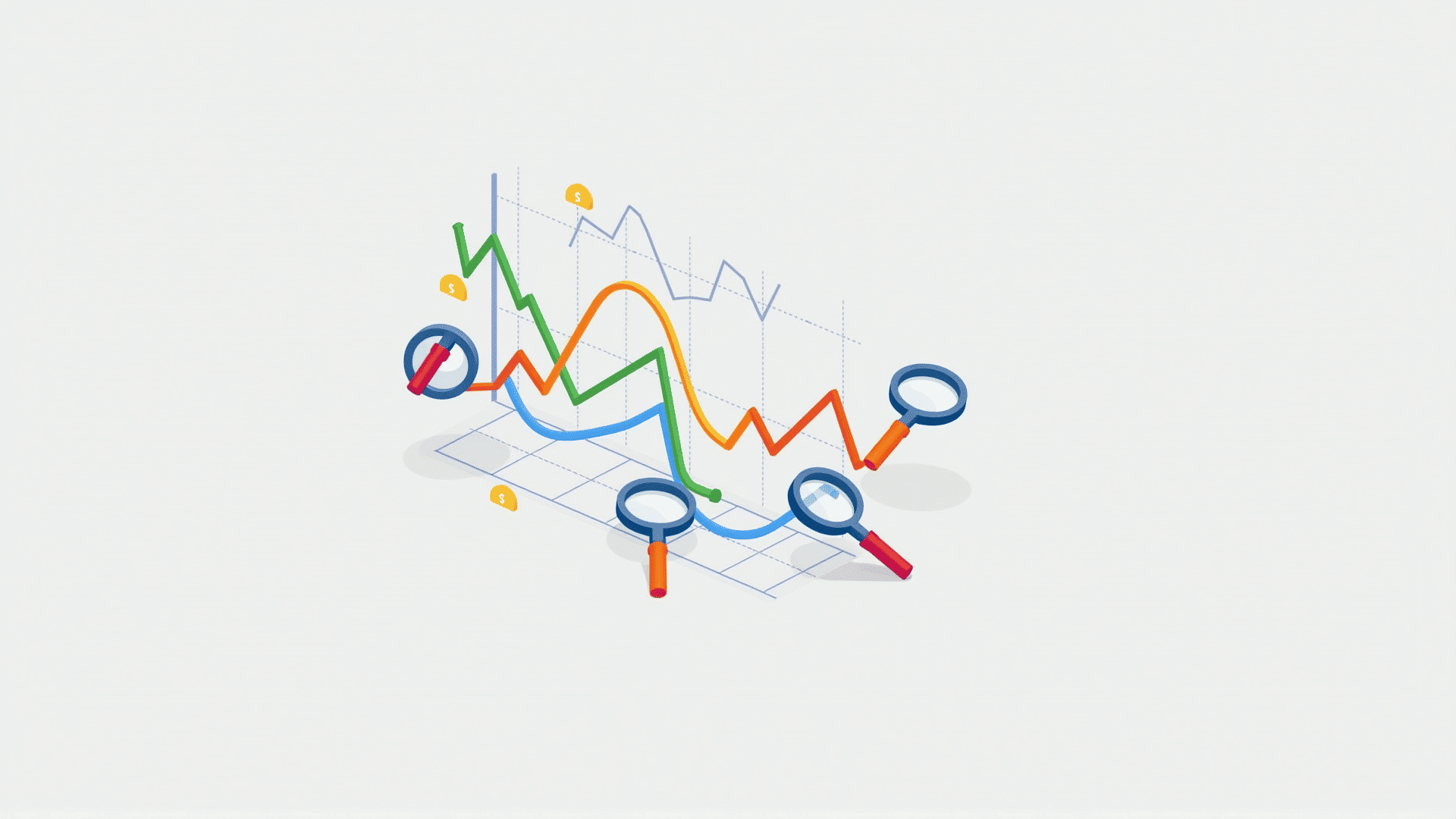Understanding the ever-shifting dynamics in the market is crucial for making informed economic decisions. Market trends, driven by a range of socio-economic factors, technological advancements, and consumer behavior shifts, play a substantial role in shaping the financial landscape. Grasping these trends allows individuals and businesses to navigate the economic environment more effectively and make choices that align with their goals.
One of the key influences on market dynamics is consumer behavior, which often changes in response to new technologies and societal shifts. For instance, the rise of digital platforms has transformed how consumers access goods and services. This digital shift didn't simply happen because technology was available; it occurred because technology aligned with consumer demand for convenience and speed. Businesses that recognized and adapted to this trend were able to thrive, while those that didn’t faced considerable challenges.
Another factor influencing market trends is globalization, which has interconnected economies across the globe. This interconnectedness means that market changes in one region can have ripple effects worldwide. In a global economy, staying informed about international events and trends becomes just as important as understanding local or national economic changes. This awareness allows individuals and organizations to anticipate shifts and adjust their strategies accordingly.
Technological advancement is another critical driver of market trends. Innovations in areas such as artificial intelligence, renewable energy, and biotech are not only creating new industries but also reshaping existing ones. Staying informed about technological advancements helps in identifying emerging opportunities and mitigating potential risks. It empowers decision-makers to pursue paths that capitalize on these innovations, thereby ensuring long-term growth and sustainability.
Moreover, sustainability and ethical considerations are increasingly influencing market trends. Businesses today face growing pressure from consumers and stakeholders to operate responsibly regarding environmental and social impacts. This shift towards sustainability reflects a broader change in values and expectations that affect market demand and investment directions.
In conclusion, understanding market trends is vital for making sound economic decisions. By staying informed and agile, individuals and businesses can better align their choices with the broader financial environment, capitalize on new opportunities, and safeguard against potential risks. Continuously educating oneself about these trends fosters resilience and adaptability in a continually evolving market landscape.
